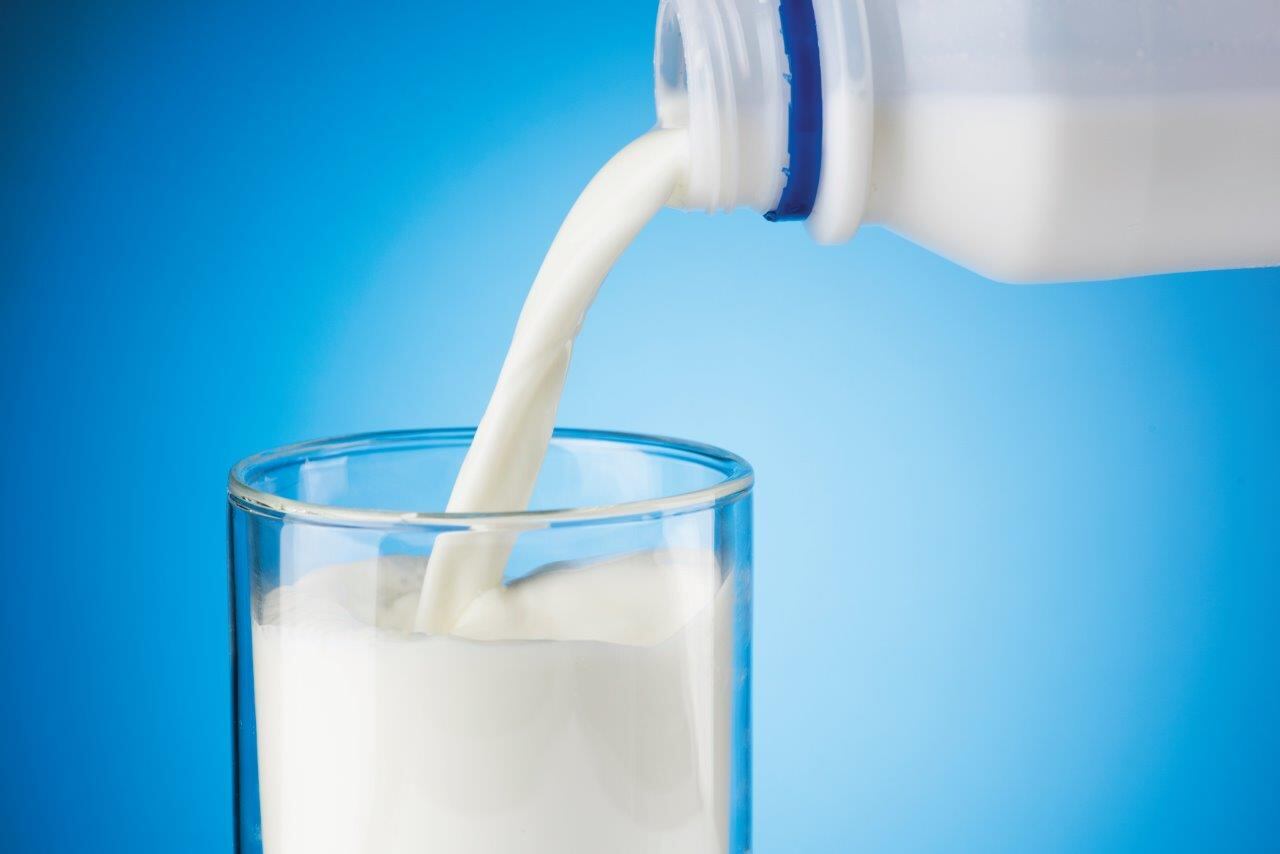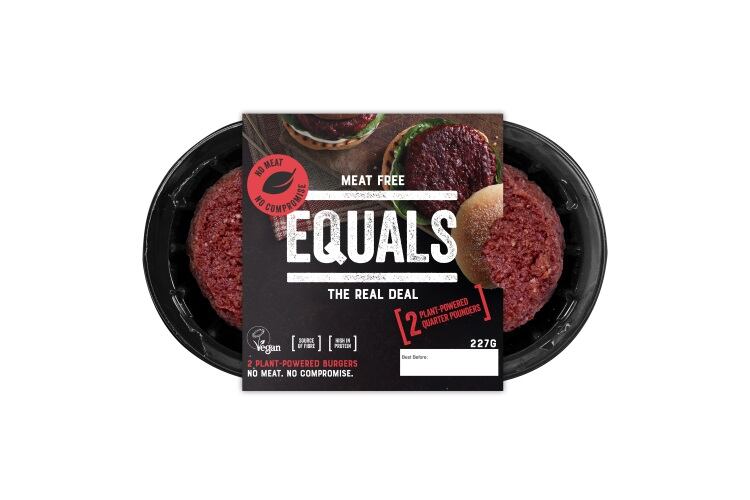Speaking at the Dairy UK event, Weighing up the Facts? Does Dairy Deliver, Ian Givens, professor of food chain nutrition at the University of Reading, claimed that milk alternatives weren’t necessarily providing the nutritional requirements needed, especially in children.
“Some of these alternatives are devoid of protein and even those that do have it, it may not be proper protein,” he explained. “It’s not a straightforward swap.”
Citing the rise in plant-based products hitting the market, Givens said consumers needed to better inform themselves about the actual nutritional value of these alternatives.
‘The word ‘milk’ is not correct’
“This rush to capture plants in diets is risky,” he said. “Calling them alternatives to dairy is misleading, even using the word ‘milk’ is not correct.
“People need to be aware that these are not direct replacements for milk. Some are low in iodine and we’re not sure what form of calcium they contain. They shouldn’t be called milk.”
Givens also warned on the rise in childhood rickets over the past 25 years.
“Since 1993, there has been a vitamin D deficiency, which has led to a rise in cases of rickets in children – and we shouldn’t be seeing that in the 21st century.”
He added that this issue was leading to a fortification of products with vitamin D.



